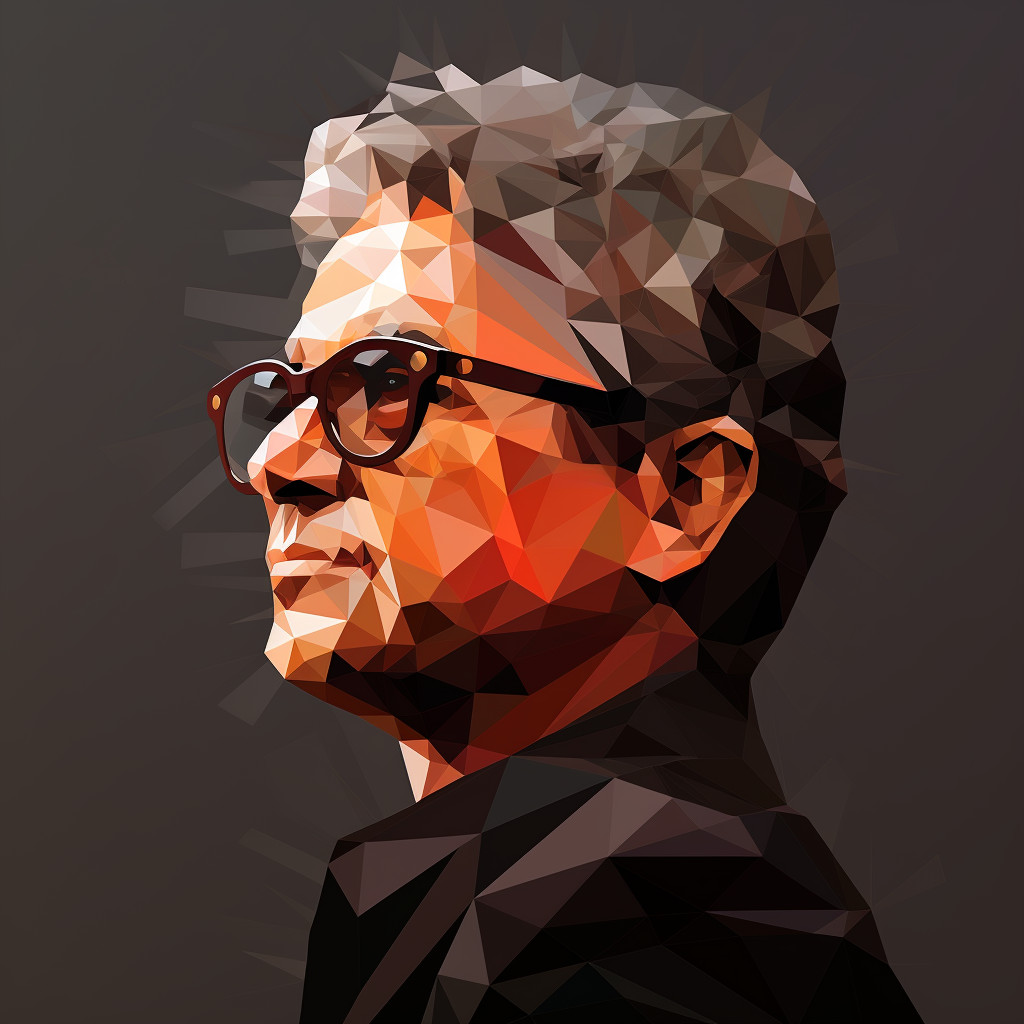This quote suggests that the ultimate aim of practicing yoga is not just physical fitness or flexibility, but a profound self-discovery. It refers to the part of our identity that remains constant and unchanging, regardless of external circumstances or internal emotional fluctuations. This could be interpreted as our core essence, our true self, or even our soul, depending on one’s spiritual or philosophical beliefs.
The practice of yoga, in this context, is not limited to physical postures (asanas) but extends to meditation, breath control (pranayama), ethical living, and other aspects of the yogic path. Through these practices, one can peel away layers of conditioning, ego, and illusion to reveal the unchanging self beneath.
In today’s fast-paced, ever-changing world, many people feel a sense of instability or disconnection. We often define ourselves by transient things like our jobs, our relationships, our possessions, or even our feelings and thoughts. But all these can change or be lost. The practice of yoga, according to the quote, helps us to discover and connect with that part of us which is constant and unchanging, providing a source of stability and inner peace.
In terms of personal development, this idea is invaluable. It encourages us to seek happiness and fulfillment within ourselves, rather than in external achievements or approval. It teaches us to be resilient in the face of change and adversity, knowing that our core being remains untouched. It also fosters self-awareness and self-acceptance, as we learn to observe our thoughts and emotions without judgment, recognizing that they are not who we truly are.
Thus, the true purpose of yoga, as described in this quote, is a journey of self-discovery that leads to inner peace, resilience, and a deep sense of fulfillment. It is a path that anyone can embark on, regardless of age, fitness level, or background, and its benefits are particularly relevant in today’s complex and rapidly changing world.





